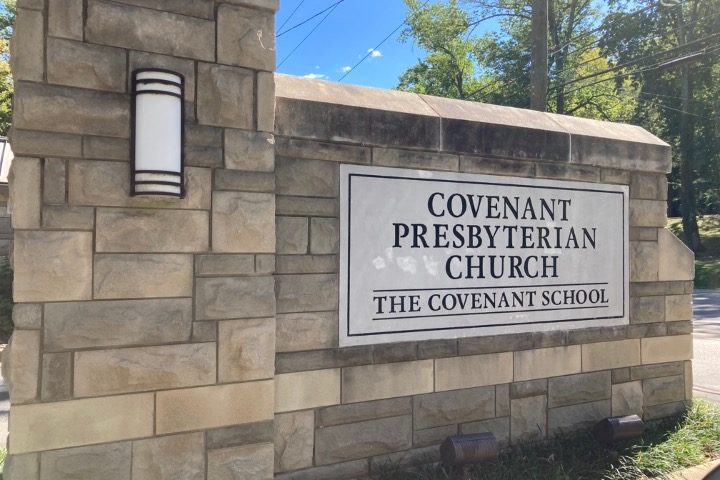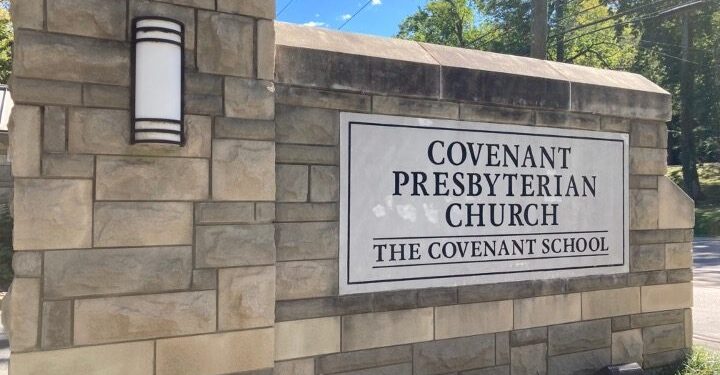
Metro Nashville Police Department Detectives are investigating Covenant School shooter Audrey Hale’s therapist, according to 99.7 WTN’s Brian Wilson. Hale killed six people at The Covenant School in Nashville, Tennessee, on March 27, 2023. Hale’s therapist is allegedly being investigated for not reporting Hale after she informed her therapist about her desire to commit a school shooting. In the state of Tennessee, therapists are legally obligated to break confidentiality when a client is a imminent threat to self or others.
Wilson’s sources allegedly confirmed that search warrants were executed on the home and office of the therapist:
Based on my reporting in consultation with two independent sources who are in position to know some of the inner workings of the Metro Nashville Police Department Covenant School shooting investigation, the ongoing investigation apparently focuses on the shooters therapist. Metro Nashville Police Department is remaining silent on this, but sources familiar with the investigation confirm that search warrants were run on the home and office of the therapist in an effort to obtain notes of the therapy sessions with the Covenant School shooter.
Wilson’s sources also allegedly confirmed that the therapist had knowledge of Hale’s desire to carry out the shooting:
One source says detectives have evidence that the shooter told the therapist about fantasies that involved, among other things, killing her parents and carrying out a school shooting of some kind. Now, a therapist has an obligation to report in the state of Tennessee; there’s an ethical code of conduct for such therapists and it reads … they must report if a client is an imminent and violent threat to others.
Tennessee Code § 33-3-206 states:
IF AND ONLY IF 1) a service recipient has communicated to a qualified mental health professional or behavior analyst an actual threat of bodily harm against a clearly identified victim, AND 2) the professional, using the reasonable skill, knowledge, and care ordinarily possessed and exercised by the professional’s specialty under similar circumstances, has determined or reasonably should have determined that the service recipient has the apparent ability to commit such an act and is likely to carry out the threat unless prevented from doing so, THEN 3) the professional shall take reasonable care to predict, warn of, or take precautions to protect the identified victim from the service recipient’s violent behavior.

































 Reaction & Commentary
Reaction & Commentary














 ILLEGAL Immigrants LOCKDOWN Texas Military Base / Abbott ARRESTS
ILLEGAL Immigrants LOCKDOWN Texas Military Base / Abbott ARRESTS




